Category Archives: Languages/Linguistic curiosities
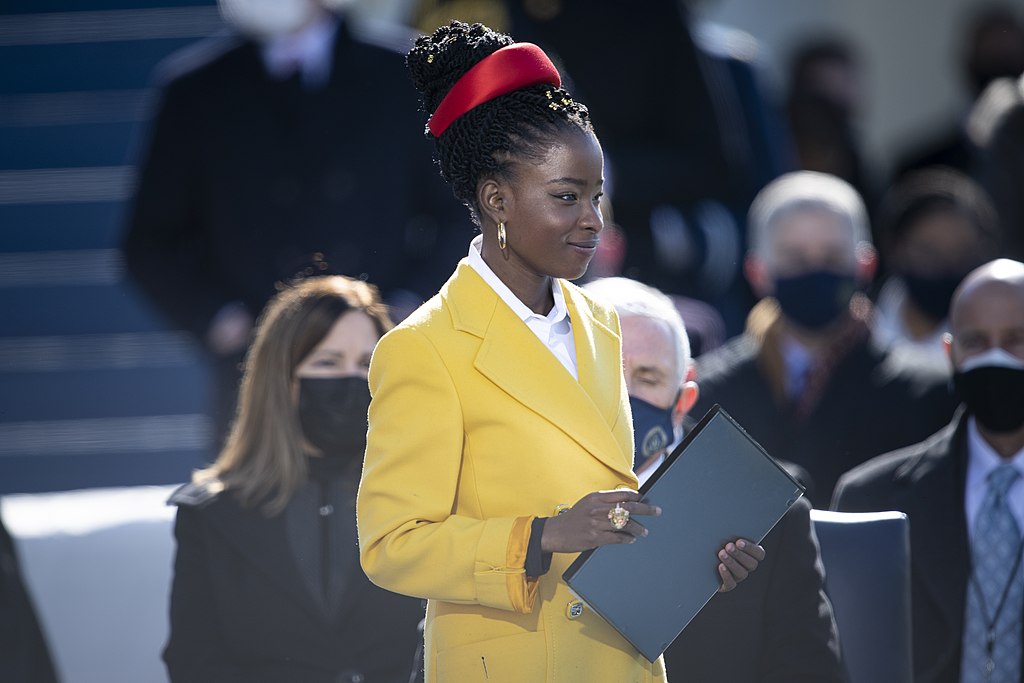
Diversity, equity and inclusion may be the real issues at stake in the debate around the Amanda Gorman translation
by Pisana Ferrari – cApStAn Ambassador to the Global Village “One of the more unexpected twists of an unprecedented year is that the little-known business of literary translation has become a source of public controversy”. This is how the Los Angeles Times comments the heated debate around the translation of US Poet Laureate Amanda Gorman’s …
Read More
Romance languages are rooted in a binary vision of the world: this poses challenges for educators seeking to create a more inclusive environment in the classroom
by Pisana Ferrari – cApStAn Ambassador to the Global Village In languages like Spanish, French and Italian people, objects, adjectives, and articles are either male or female. In English, the discussion around “gender neutral” language focuses on pronouns; in Romance languages it is more complicated, says poet, translator and academic Prof. Deborah J. Bennett. Prof. …
Read More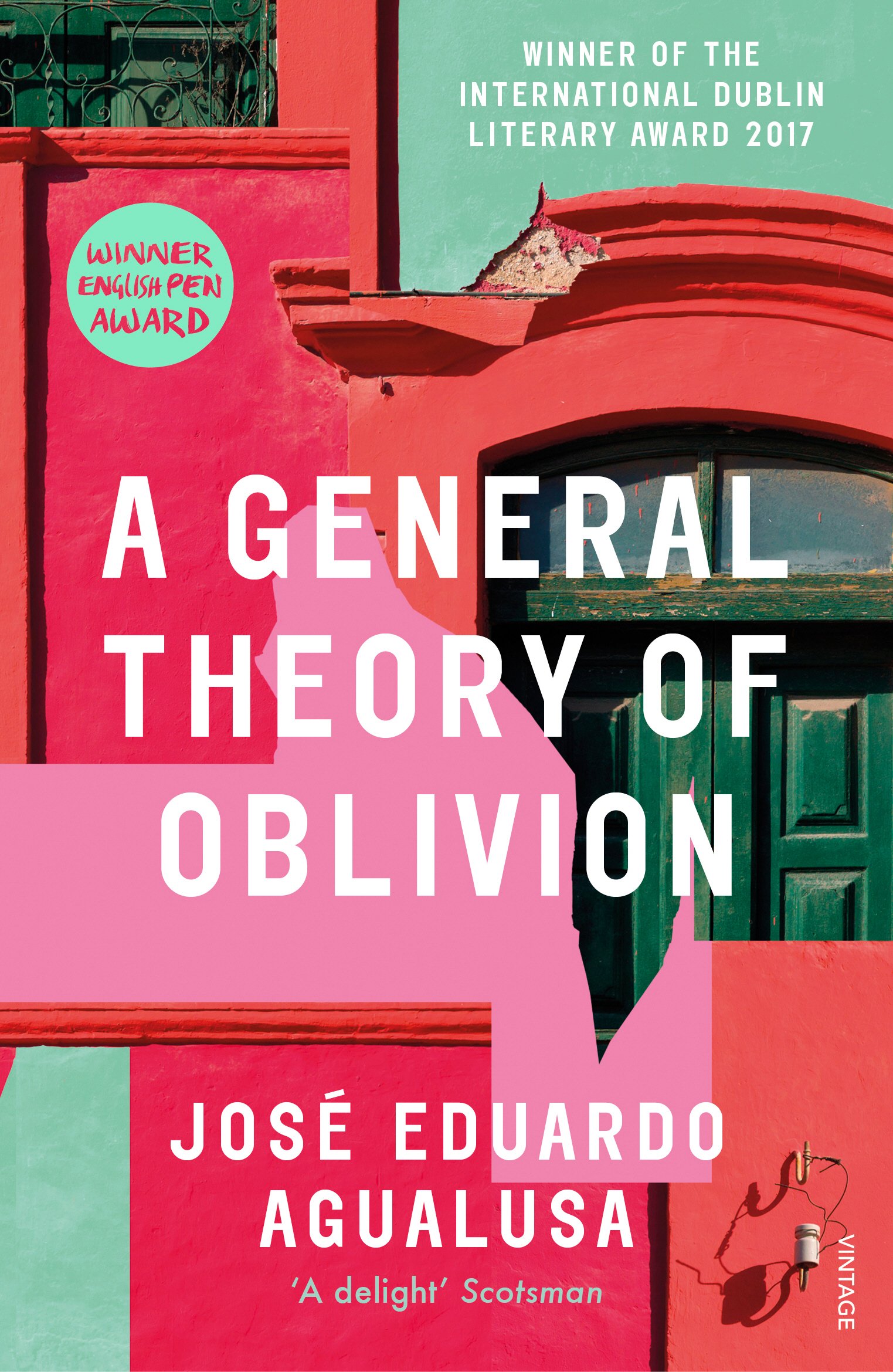
Dilemmas translators face with Romance languages, where every adjective betrays more information than in English
by Pisana Ferrari – cApStAn Ambassador to the Global Village Daniel Hahn is a writer, editor and translator, as well as founder, in 2017, of the TA First Translation Prize, awarded annually for a debut literary translation and shared equally between writer and translator. In a recent entry for his Translation Diary series, Hahn raises …
Read More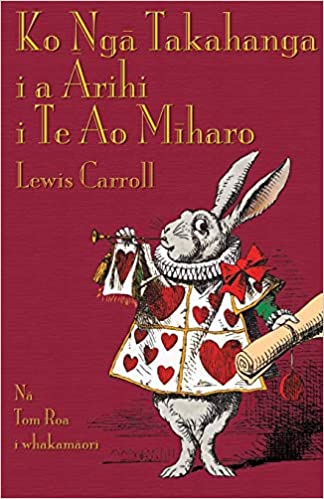
Children’s classics in translation can contribute to nurturing threatened languages and bringing dormant ones back to life
by Pisana Ferrari – cApStAn Ambassador to the Global Village A growing movement of language activists, cultural stakeholders, and scholars across the world is seeking new ways to preserve endangered languages and bring dormant ones back to life, through everything from digital dictionaries and apps, to cultural events such as language arts festivals and films …
Read More
In defence of jargon – it might be annoying but it also has its uses, including for status compensation
by Pisana Ferrari – cApStAn Ambassador to the Global Village Jargon is, by definition, “exclusionary” and can get in the way of understanding crucial information, says Andre Spice, Professor of Organisational Behaviour at the University of London, writing for The Conversation. Research has shown that when used by doctors it can lead to patients not …
Read More
After centuries of “colonized” English translations of the Bhagavad Gita a Canadian scholar restores it to its original meaning
by Pisana Ferrari – cApStAn Ambassador to the Global Village Hindu scholar and linguist Jeffrey Armstrong has spent the past 10 years translating and “decolonizing” the Bhagavad Gita, one of India’s most famous epic poems, written 5.000 (some say 7.000) years ago. His work was published this month with the title The Bhagavad Gita Comes …
Read More
Study suggests that no matter how fast or slow people speak in different languages the rate of information transfer is the same
by Pisana Ferrari – cApStAn Ambassador to the Global Village Language science has focused for so long on things like grammatical complexity that information about “transfer rate” has been mostly overlooked, says evolutionary linguist François Pellegrino, from the University of Lyon, co-author of a study on this topic published in Science Advances. An interesting article …
Read More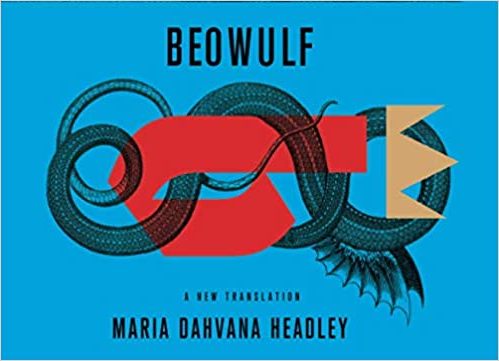
How far should we modernise language in literary translation? The case of the epic poem Beowulf
by Pisana Ferrari – cApStAn Ambassador to the Global Village Emily Wilson’s 2017 English translation of The Odyssey raised quite a stir for its its audacious use of contemporary language and her gender neutral approach (see our blog article on this topic) but the new English version of the epic poem Beowulf takes modernisation of …
“How far should we modernise language in literary translation? The case of the epic poem Beowulf”
Read More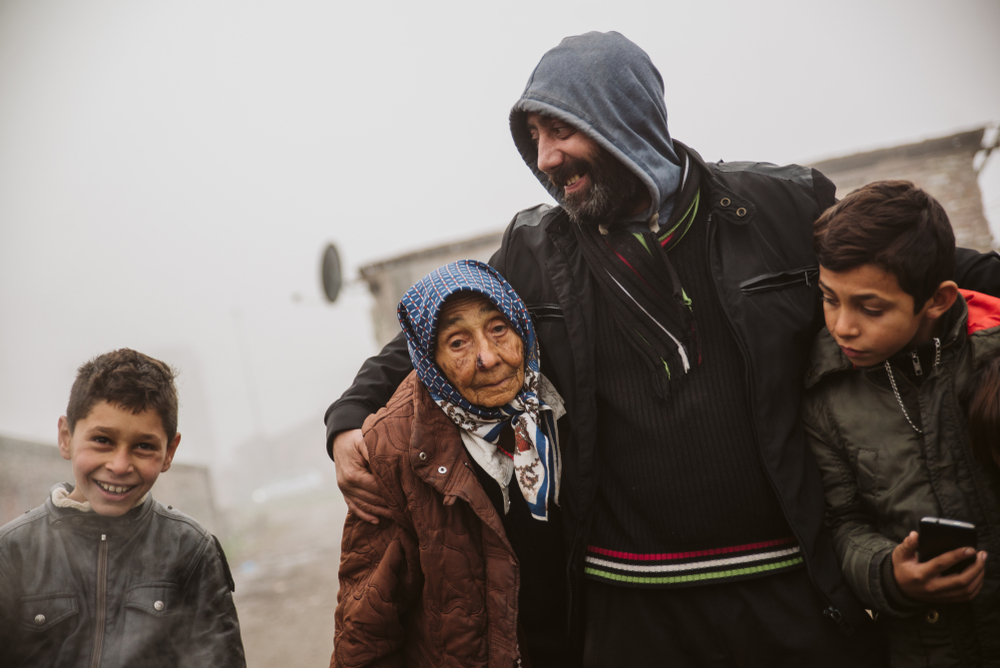
“Rotwelsch”, the European travelers’ tongue, has united outcasts for centuries
by Pisana Ferrari – cApStAn Ambassador to the Global Village Rotwelsch is an ancient language of the road, spoken by vagrants, refugees, merchants and thieves since the European Middle Ages. It means “beggar’s cant” and is based on a combination of German, Yiddish, Hebrew, Romani — the language of Sinti and Roma — Czech, and …
““Rotwelsch”, the European travelers’ tongue, has united outcasts for centuries”
Read More
2020: A year of seismic shifts in terms of language usage and rise of new words
by Pisana Ferrari – cApStAn Ambassador to the Global Village It’s that time of the year again when dictionaries announce their selection of top trending words. “Words of the Year” (WotY) are supported by usage statistics and typically reflect societal attitudes and concerns. The tradition dates back to 1971, with the German Wort des Jahres, …
“2020: A year of seismic shifts in terms of language usage and rise of new words”
Read More
Cross-cultural variations in the meaning of emotions and challenges in translation, especially when the stakes are high
by Pisana Ferrari – cApStAn Ambassador to the Global Village “Does joy, by any other name, in another language, still taste as sweet, and fear still sting as bitter?” asks Marianna Pogosyan, Ph.D. lecturer in Cultural Psychology, in a recent article for Psychology Today. The article refers to a study published in Science where researchers …
Read More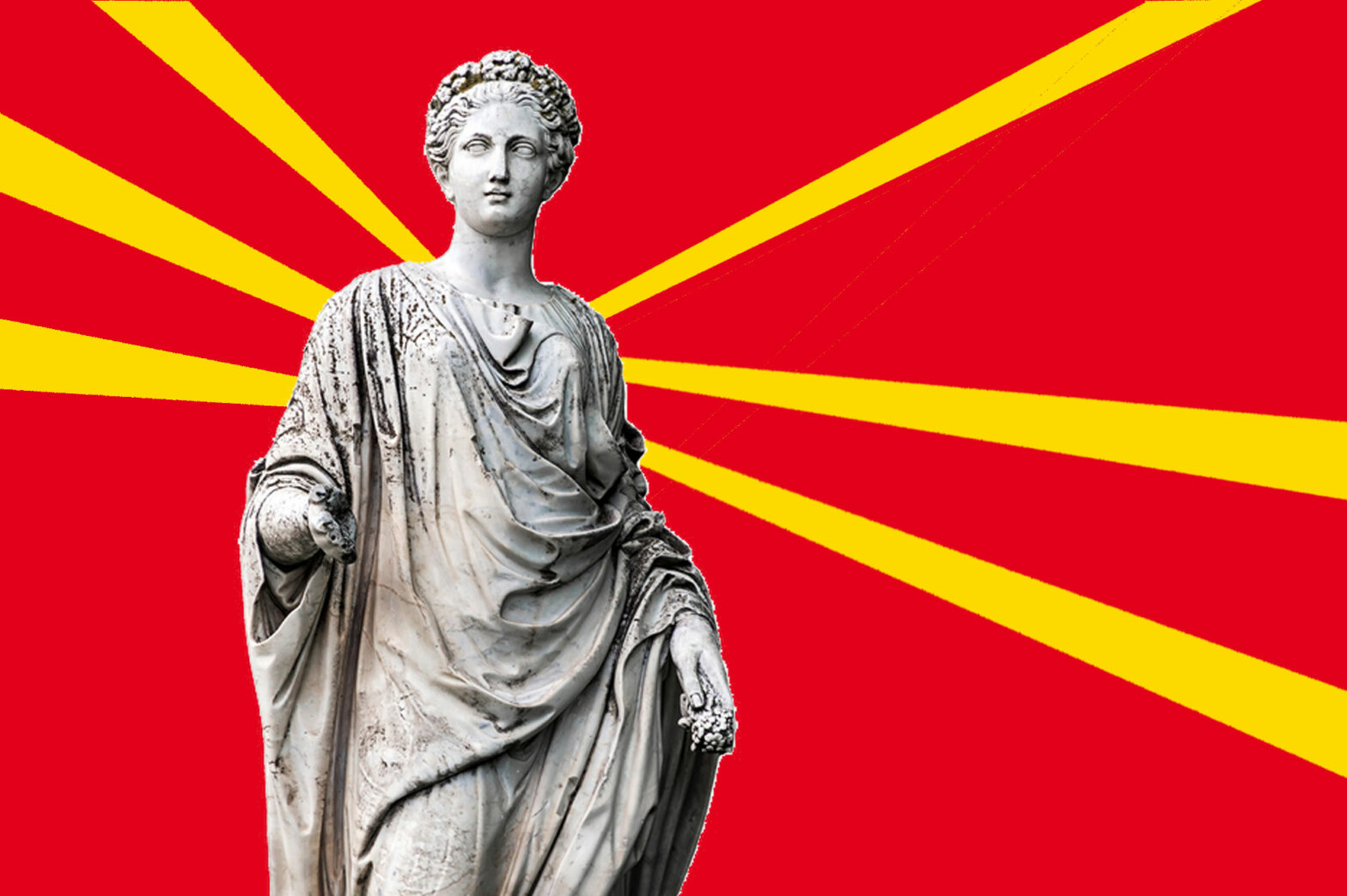
British scholar Emily Wilson’s fresh and contemporary translations of the Greek classics discussed at a recent Yale University event
by Pisana Ferrari – cApStAn Ambassador to the Global Village In Emily Wilson’s translations of the classics the Greek goddess Demeter has “cornrows in her hair”, Achilles is described as a “superhero”, and Odysseus, when disguised as an old, homeless man, carries a “tote bag”…(1) Wilson’s innovative approach to the translation of Homer’s Odyssey won …
Read More